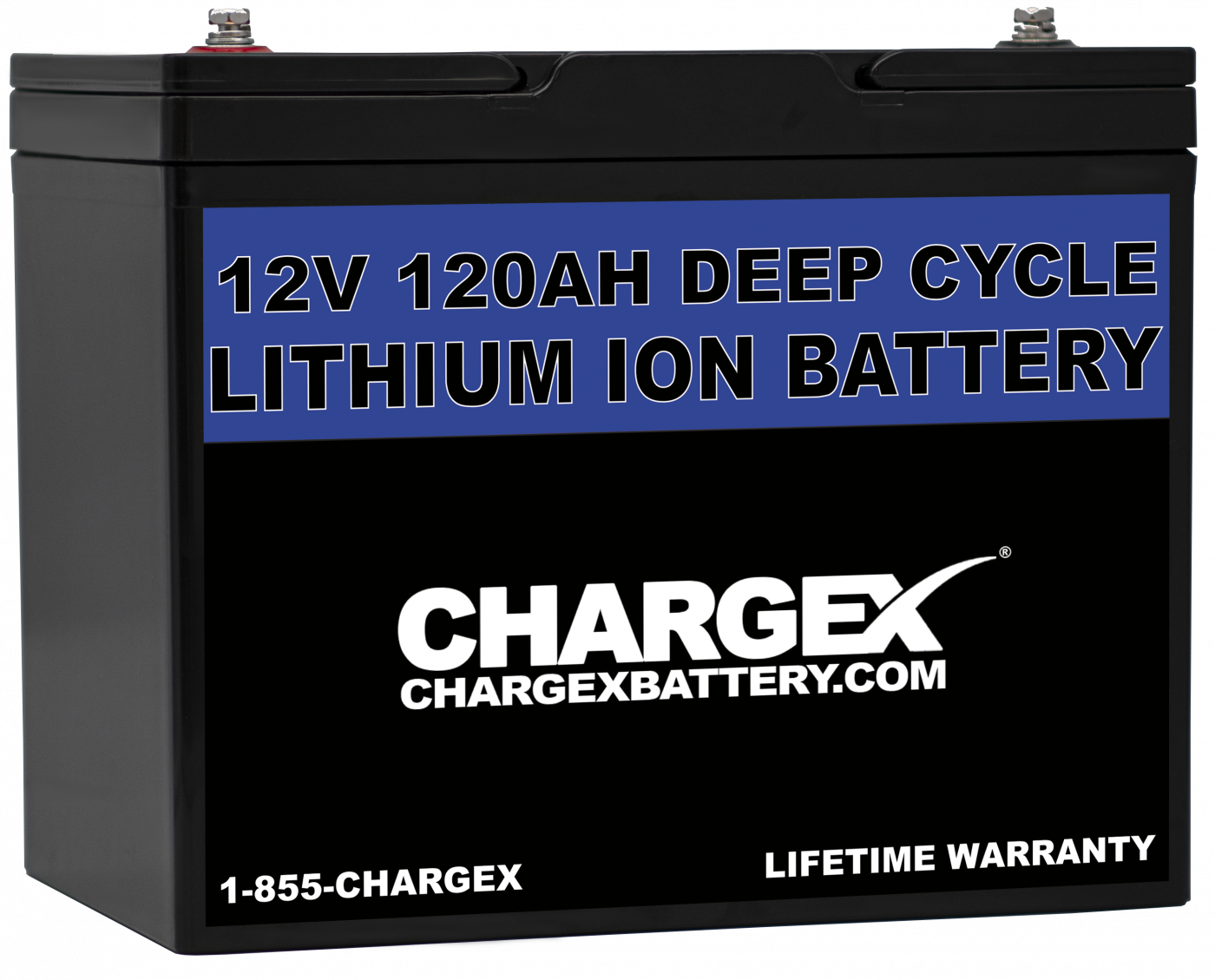Rechargeable Lithium Batteries: Types Which You Should Be Aware Regarding
In today's rapid world, rechargeable lithium batteries have become an vital component of our daily lives, powering a multitude of gadgets from mobile phones to electric vehicles. Their ability to provide elevated energy density, prolonged lifespan, and minimal self-discharge makes them a favored choice for diverse applications. As technology continues to evolve, understanding the different types of rechargeable lithium batteries is crucial for customers and industries alike.
Lithium ion batteries, one of the most frequently used types, have gained substantial attention due to their efficiency and consistency. However, they are not the sole option available. By examining the different types of rechargeable lithium batteries, we can gain a deeper understanding of their unique characteristics, applications, and the impact they have on contemporary technology. Whether you are a tech enthusiast, a scholar, or a casual user looking to make smart selections about your devices, learning about these battery types is extremely beneficial.
Types of Lithium Ion Batteries
Lithium ion batteries come in numerous categories, with each one tailored to meet distinct needs. lithium rv battery 200ah of the most common types is the LCO battery. Such a battery is primarily utilized in consumer electronics, like mobile phones and computers, owing to its excellent energy density. While it offers great performance and capacity, it is considerably less stable and presents hazards if mishandled.
Another notable type is the LFP cell, famous for its superior thermal stability and safety features. This provides perfect for application in battery electric vehicles and green energy storage systems. Even though LFP batteries have a diminished energy density compared to LCO cells, their lifetime and thermal resilience make them a favored choice for uses where safety is paramount.
Finally, there are LiMn2O4 cells, offering a balance among energy density and security. They are often used in tools powered by electricity and medical devices. LMO cells offer superior discharge rates and are recognized for their tolerance to high temperatures, making them suitable for demanding applications. Understanding these different types of lithium ion batteries can help consumers choose the best option for their individual requirements.
Advantages of Lithium Cells
Li-ion ion batteries are commonly recognized for their high power density, which means they can store a substantial amount of energy in comparison to their weight. This property makes them perfect for applications requiring portable and efficient power sources, including cell phones, notebooks, and battery-powered vehicles. Customers enjoy extended usage times and reduced charging frequency, enabling for a more effective energy solution.
One more key advantage is the low self-discharge level of lithium ion batteries. In contrast to many other cell types, which can lose their charge when not in use, Li-ion ion batteries retain their charge for extended periods. This feature makes them particularly handy for devices that may remain idle for extended durations, ensuring that they remain ready for use minus the need for regular recharging.
Furthermore, lithium lithium ion cells have a notably extended lifespan in comparison with other rec rechargeable cells. They can handle numerous of charge and discharge cycles before experiencing notable capacity loss. This lifespan translates to less waste and decreased replacement costs in the long run, making Li-ion ion cells a more eco-friendly option for both users and vendors.
Uses of Lithium Ion Batteries
Li-ion batteries are broadly used in multiple sectors because of their significant energy density and long cycle life. One of the most prevalent applications is in consumer electronics, where they supply energy to mobile phones, portable computers, slate computers, and digital cameras. Their lightweight nature and ability to hold considerable charge make them ideal for handheld devices, allowing users to enjoy extended usage without constant recharging.

In the automotive industry, Li-ion batteries are a key component in battery-powered and combination vehicles. These batteries deliver advantages such as better range and fast charging capabilities, making them necessary for the increasing market of electric mobility. As manufacturers continue to develop, the efficiency and capacity of lithium ion batteries are constantly enhanced, further promoting their adoption in this industry.
The renewable energy industry also gains significantly from Li-ion batteries. They are used in energy storage systems that help manage and store the intermittent power produced by solar panels and wind energy systems. By storing excess energy for use during reduced periods, these batteries enable a more reliable and green energy supply, contributing to efforts towards lowering carbon emissions and achieving energy independence.